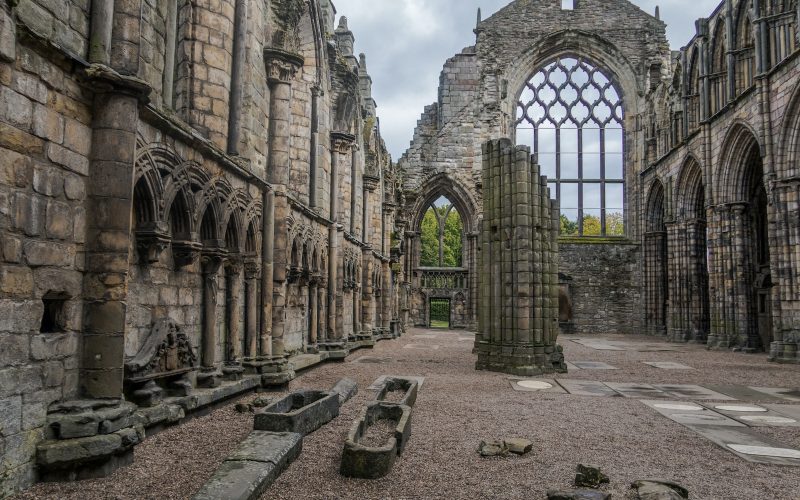The allure of exploring ancient ruins and uncovering the lost secrets of past civilizations has captivated the imaginations of people for centuries. There is an inherent sense of mystery and wonder that surrounds these forgotten relics, drawing us in and inviting us to imagine what life was like in civilizations long gone. From the pyramids of Egypt to the Mayan temples of Central America, these ancient ruins hold a wealth of knowledge and insights into our shared human history.
The significance of exploring ancient ruins and lost civilizations lies in our innate curiosity about our past. It is through the discovery and understanding of these forgotten civilizations that we are able to piece together the puzzle of our collective heritage. By delving into the remnants of ancient societies, we gain valuable insights into their achievements, cultures, and technological advancements. Additionally, studying ancient civilizations can provide a deeper understanding of our own society and how it has evolved over time.
However, exploring ancient ruins is not without its challenges. These sites are often located in remote or difficult-to-access areas, requiring extensive planning, resources, and expertise to undertake an expedition. Preservation and conservation of these relics are equally important, as they are fragile and susceptible to damage from both natural elements and human interaction.
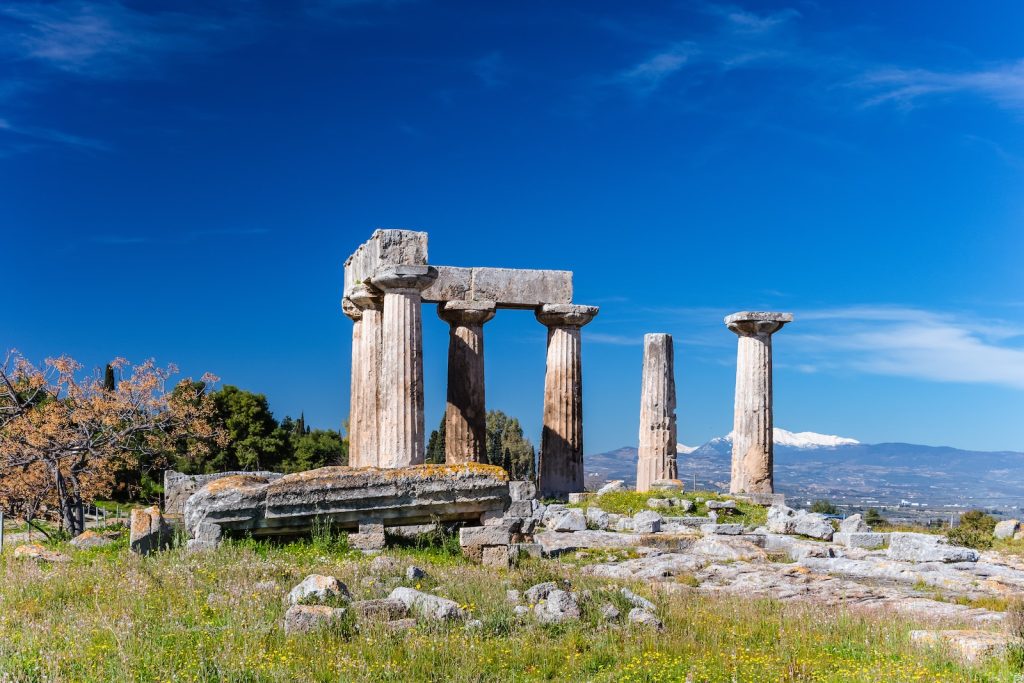
While exploring ancient ruins and lost civilizations may present challenges, the potential benefits are immense. By studying these ancient cultures, we can gain valuable knowledge and insights that can inform our own practices in fields such as architecture, engineering, urban planning. Additionally, understanding the mistakes and successes of past societies can provide valuable lessons for the development of more sustainable and equitable societies today.
In this blog post series, we will delve into the wonders of ancient ruins and lost civilizations, exploring the secrets they hold, the discoveries that have been made, the challenges faced by archaeologists and explorers, and the potential benefits of studying these ancient cultures. Join us on this exciting journey into the unknown, as we uncover the mysteries of our shared human history and learn from those who came before us.
Introduction to the concept of exploring ancient ruins and lost civilizations
Human history is an incredible tapestry of civilizations that have risen and fallen over the millennia. As we journey through time, there is one fascination that has captivated explorers and archaeologists alike – the idea of uncovering ancient ruins and lost civilizations. These remnants of the past hold secret stories, waiting to be unveiled, providing us with a glimpse into the lives of our ancestors.
Many of us have dreamt about venturing into the unknown, armed with a sense of curiosity and a thirst for knowledge. The concept of exploring ancient ruins offers a unique opportunity to delve into history’s enigmatic past. Whether it’s a crumbling temple hidden deep in a rainforest or a sunken city beneath the waves, these lost civilizations have inspired countless adventurers to embark on incredible journeys of discovery.
Exploring ancient ruins allows us to connect with an untold narrative, one that teaches us about the resilience, creativity, and ingenuity of our ancestors. It is a humbling experience to witness the magnificence of structures that have withstood the test of time, leaving us awe-struck by the craftsmanship and remarkable engineering prowess of ancient civilizations. What’s more, these expeditions often lead to new insights and discoveries, expanding our knowledge of the world and reshaping our understanding of history.
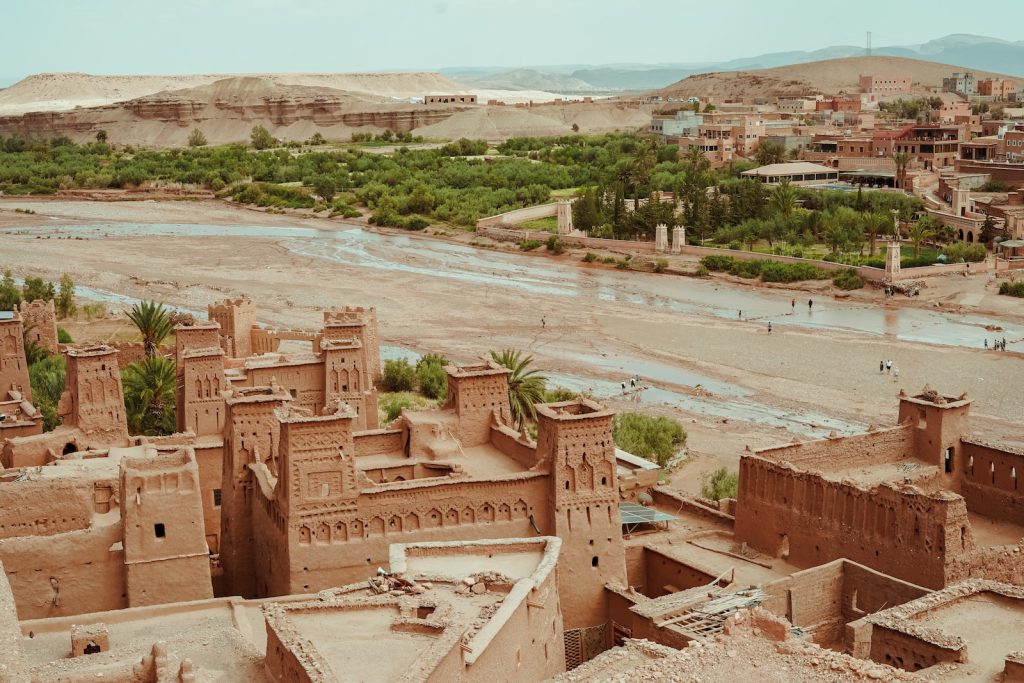
As we embark on this adventure, it’s important to approach the exploration of ancient ruins and lost civilizations with great respect and reverence. These sites are not simply relics for our amusement but hold significant cultural and historical value. By acknowledging the importance of preservation and responsible exploration, we can ensure that future generations will continue to benefit from the remarkable insights offered by these archaeological wonders.
Into the Unknown: Exploring Ancient Ruins and Lost Civilizations beckons us to embark on a captivating journey through time, where every step unravels the mysteries of the past. Through our relentless pursuit of knowledge, we foster a deeper understanding and appreciation for the diversity and brilliance of human history. So, let us embrace this opportunity to venture into the unknown, armed with our sense of wonder and our unwavering curiosity to explore the secrets hidden within ancient ruins and lost civilizations.
Discuss the allure of discovering the secrets of past civilizations
The allure of discovering the secrets of past civilizations is a powerful draw for many adventure seekers and history enthusiasts alike. There is a certain magic in exploring ancient ruins and lost civilizations that captivates our imaginations and makes us yearn for a deeper connection to the past. Stepping into the unknown and unraveling the mysteries of these ancient worlds allows us to not only gain valuable knowledge about our human ancestors but also appreciate the incredible achievements of these civilizations.
One of the greatest joys of exploring ancient ruins is the sense of discovery that comes with it. As we navigate through crumbling stone structures and half-buried artifacts, we become like archeologists, piecing together the puzzle of a forgotten society. Every step further into the unknown offers the possibility of unearthing something extraordinary – a 4,000-year-old inscription, a hidden chamber, or a forgotten treasure. The excitement and thrill of these discoveries provide a unique sense of satisfaction that few other experiences can match.
Moreover, the exploration of ancient ruins and lost civilizations allows us to gain a deeper understanding of our own history and cultural heritage. It is through these encounters with the past that we learn valuable lessons about the resilience, ingenuity, and artistic expressions of diverse cultures. By appreciating the achievements of past civilizations, we develop a greater appreciation for the marvels of our own modern society. The allure of discovering the secrets of past civilizations is not just about unraveling the mysteries of the past; it is also about honoring and preserving the rich legacy of those who came before us.
Examine the discoveries that have been made from ancient ruins
Ancient ruins hold a sense of mystery and intrigue, beckoning us to delve into the past and unlock the secrets they hold. These crumbling remains have the power to transport us to a different time and place, offering a glimpse into the lives of civilizations long gone. Through meticulous archaeological research, countless discoveries have been made, shedding light on our ancestors and rewriting history books.
One such discovery is the ancient city of Machu Picchu, nestled high in the Peruvian Andes. This awe-inspiring site, hidden from the world for centuries, was rediscovered in 1911 by Hiram Bingham. Through careful excavation and examination, researchers have been able to piece together the fascinating story of the Inca civilization, a testament to their remarkable engineering skills and advanced societal structure. Machu Picchu’s majestic terraces, intricate stonework, and temple ruins have captivated the hearts of millions, reminding us of the ingenuity and creativity of our forebears.
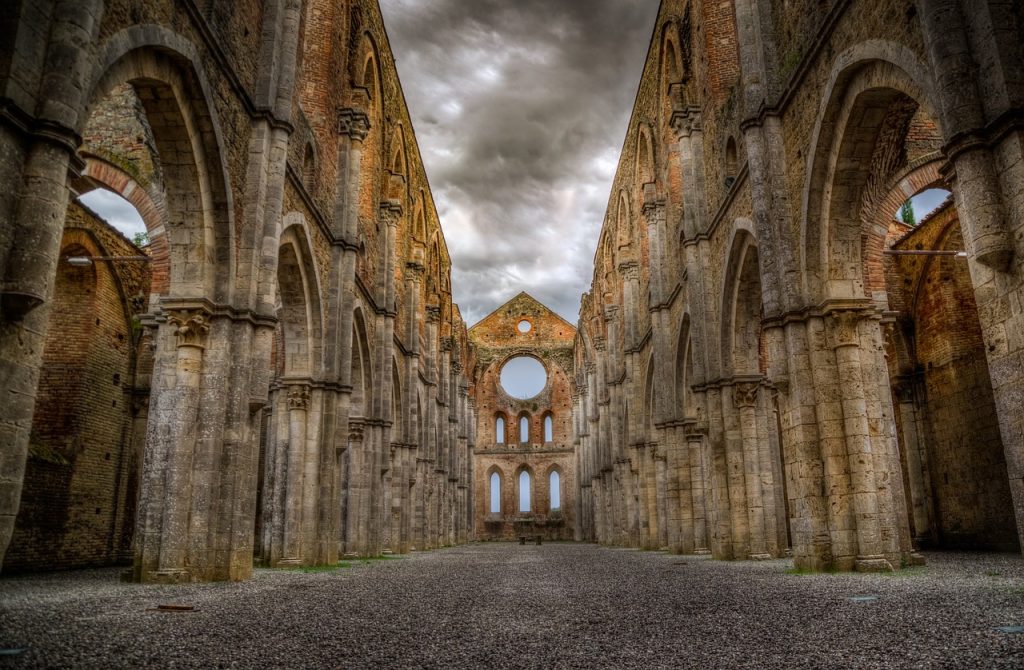
The ancient city of Pompeii is another remarkable site that has given us invaluable insights into the past. Buried under ash and lava for centuries after the eruption of Mount Vesuvius in 79 AD, Pompeii remained a forgotten city until its rediscovery in the 18th century. The ruins have since offered a haunting glimpse into Roman life, frozen in time. From the preserved frescoes adorning the walls to the remnants of ancient shops and homes, Pompeii provides a rare opportunity to understand the daily lives and customs of its inhabitants, while also emphasizing the destructive power of natural disasters.
Ancient ruins continue to unveil new chapters in the story of humanity, offering us a chance to understand our shared history and learn from the mistakes and triumphs of our ancestors. By exploring these lost civilizations, we gain a deeper appreciation for the resilience and progress of the human spirit. As we continue to uncover these hidden treasures, we are reminded of the endless possibilities of human exploration and discovery. So, put on your metaphorical explorer hat and embrace the thrill of venturing into the unknown, for within these ancient ruins lie the keys to unraveling the mysteries of our past.
Outline the challenges of exploring ancient ruins and lost civilizations
Exploring ancient ruins and lost civilizations is a truly captivating adventure that takes us back in time, unraveling mysteries of the past. However, this expedition is no walk in the park. It is essential to outline the challenges that one may encounter while embarking on such a journey.
Firstly, navigating through ancient ruins can be a daunting task. The remnants of these long-lost civilizations often consist of crumbling structures, overgrown vegetation, and intricate maze-like pathways. Explorers must carefully navigate the terrain, taking note of potential hazards and impassable areas. It requires both patience and ingenuity to decipher the clues left behind by our ancestors and progress further into the unknown.
Furthermore, logistical challenges can pose a significant hurdle when venturing into lost civilizations. The mere act of reaching these remote locations can be an adventure in itself. Transport, accommodations, and even procuring the necessary permits can be complex and time-consuming. Explorers must also be prepared to face the challenges of limited resources, unpredictable weather conditions, and sometimes even the presence of dangerous wildlife.
Lastly, the preservation of ancient ruins is of utmost importance. The delicate nature of these historical sites demands careful consideration and respect. Explorers must take care not to disturb any artifacts, as their preservation provides valuable insights into the lives and cultures of civilizations long past. It is crucial to ensure that these treasures are protected and maintained for future generations to appreciate.
It is a worthwhile journey to explore ancient ruins and lost civilizations, regardless of the challenges they present. It brings us closer to our roots, allowing us to learn from the wisdom of our ancestors. The adventure may be demanding, but the rewards are immeasurable. So grab your compass, brush off your explorer’s hat, and get ready to embark on an awe-inspiring journey into the unknown!
Discuss the potential benefits of researching and learning from ancient civilizations
Exploring ancient ruins and studying lost civilizations offers a treasure trove of valuable insights and benefits. By delving into the mysteries of the past, we can gain a better understanding of how these ancient cultures lived and thrived. Not only does this knowledge allow us to appreciate the rich diversity of human history, but it also provides valuable lessons that can be applied to our modern lives.
One of the potential benefits of researching ancient civilizations is the opportunity to unravel complex societal structures. By studying how these civilizations organized themselves and governed their people, we can gain a deeper appreciation for the evolution of our own systems. Learning from ancient cultures can give us insights into effective governance, community building, and even ethical practices that can be applied to our own communities today.
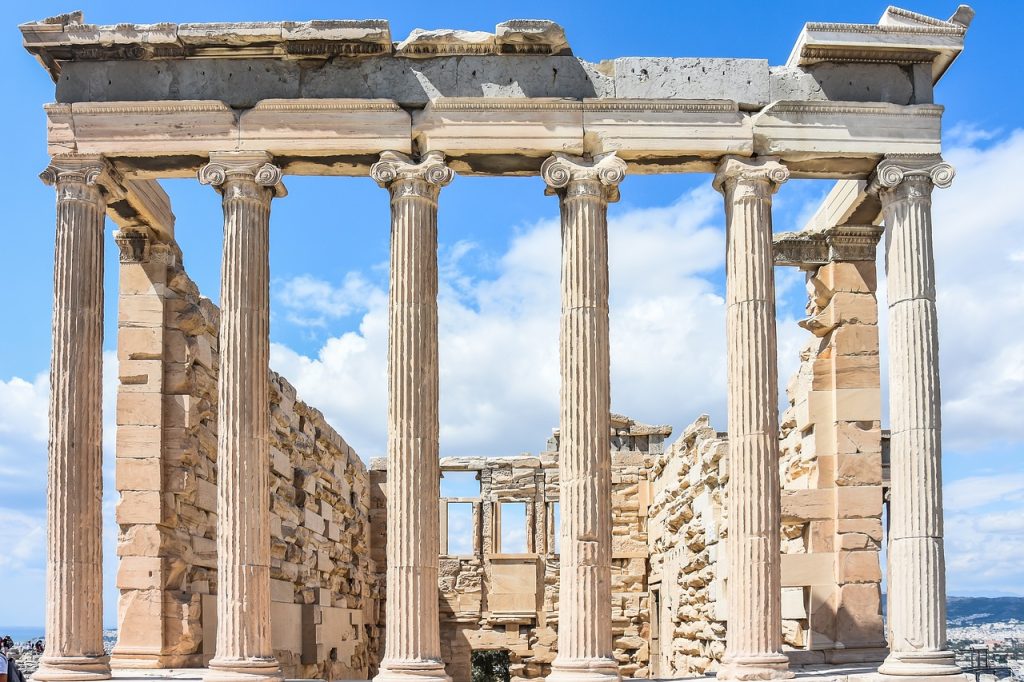
Additionally, researching and learning from ancient civilizations allows us to understand the technological advancements and innovations that preceded our modern world. From the remarkable engineering feats of the ancient Egyptians to the mathematical genius of the ancient Greeks, we can discover how these ancient civilizations laid the foundations for the scientific progress we enjoy today. By understanding the ingenuity and resourcefulness of these ancient cultures, we can even find inspiration to develop new ideas and solutions to our own contemporary challenges.
In essence, exploring ancient ruins and lost civilizations offers us an incredible opportunity to expand our horizons and deepen our understanding of the world. It allows us to connect with the past and learn from the successes and failures of those who came before us. By embracing the knowledge and wisdom of ancient civilizations, we can continue to progress and forge a brighter future for humanity.
Summarize the journey of exploring ancient ruins and lost civilizations
Embarking on a journey to explore ancient ruins and lost civilizations is like stepping into a time machine, where history comes alive. As we wander through the remnants of once-mighty empires and forgotten cities, we become captivated by the mysteries and stories that these ancient sites hold. From the towering pyramids of Egypt to the mystical Machu Picchu in Peru, each destination showcases the incredible achievements of our ancestors and their profound understanding of architecture, engineering, and cultural diversity.
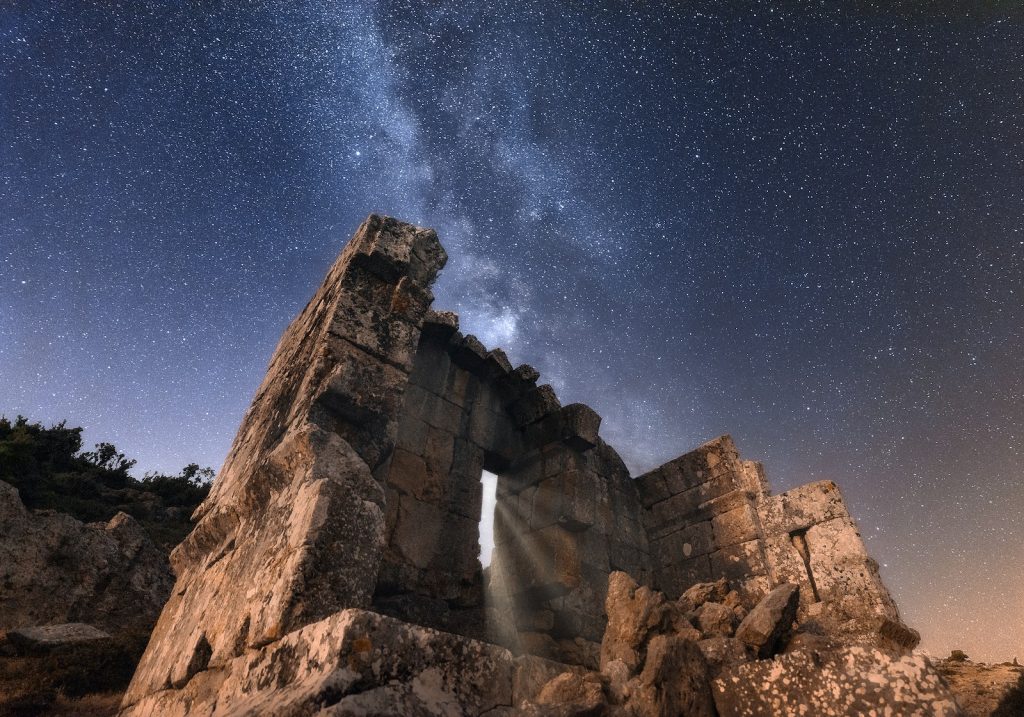
Beyond the allure of these ancient structures lies the adventure of uncovering the secrets that they hold. It’s a thrilling pursuit, akin to being an archaeologist on a quest for knowledge. As we roam through these crumbling ruins, we can’t help but wonder about the people who once called these places home, the traditions they practiced, and the wisdom they imparted. With every step, we become one step closer to unraveling the enigma of these lost civilizations and shedding light on a piece of history that has long been forgotten.
However, exploring ancient ruins isn’t just about discovering artifacts or unearthing ancient mysteries; it’s also about connecting with our own humanity. Standing amidst the towering ruins, we are humbled by the grandeur of our past and reminded of the indomitable spirit of human ingenuity. It reminds us that we are a part of a wider narrative, and that our existence is a testament to the resilience and tenacity of our ancestors. So, let’s step into the unknown, with a sense of curiosity and wonder, and allow ourselves to be transported back in time as we explore the ancient ruins and lost civilizations that have shaped the world we know today.
Conclusion
Upon completing our journey into the unknown, we are left marveling at ancient ruins and lost civilizations that have captured our imagination. As these remnants of a bygone era serve as reminders of our shared human history, they also serve as reminders that we can create and adapt throughout history. They invite us to question our present and ponder the future. Each step we take toward unraveling their mysteries brings us closer to understanding our own existence and the vastness of human potential. So let us venture forth into the unexplored, take risks, and embrace the allure of the unknown. For in doing so, we may not only discover forgotten worlds but also rediscover ourselves. The beauty and relevance of exploring ancient ruins and lost civilizations lie not only in the history they reveal but also in the limitless possibilities they inspire us to imagine.




